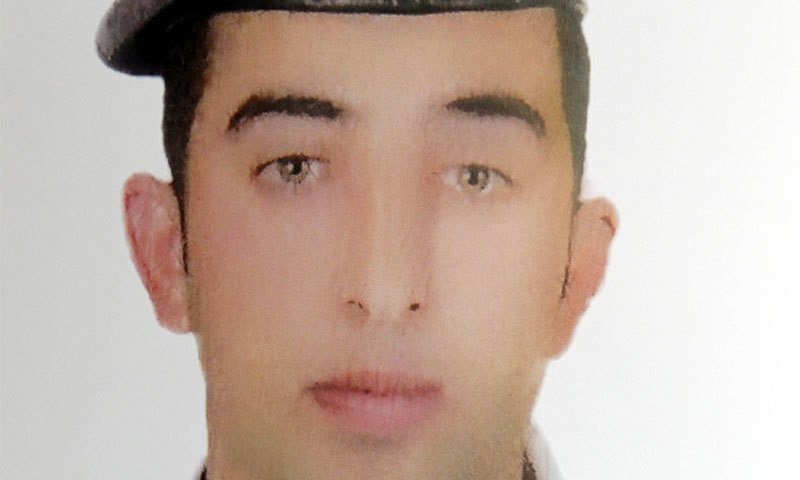IT remains to be seen whether the strong verbal reaction to the recent burning to death of a Jordanian pilot and the beheading of two Japanese hostages will translate into a punitive response to the so-called Islamic State’s threat to human values in the cradle of civilisation.
The barbaric form of death inflicted on Jordan’s Moaz al-Kasasbeh and the killing of the Japanese hostages are only two examples of IS brutality in a long list of crimes against humanity since the group began its murderous but unstoppable military advance from western Iraq to sweep into Syria and reach the Turkish border.
Jordan’s King Abdullah II vowed an “earth-shattering response”, Saudi King Salman bin Abdul Aziz called the pilot’s murder an “odious crime”, Al Azhar denounced it as un-Islamic, while the UAE said this was “a brutal escalation” of the war by the terrorist group.
Know more: Jordan executes 2 Al Qaeda prisoners after IS kills pilot
An angry Japanese prime minister, Shinzo Abe, pledged his government’s continued support to the war on terror, and US President Barack Obama promised “decisive action”. But, despite this diplomatic rhetoric, the situation on the ground hasn’t changed much, and the IS militia looks unbeaten.
The only setback the militants have suffered is their failure to take Kobane. But this relative success for the US-led coalition was due to the tenacity shown by the Kurdish fighters.
Jordan has responded by hanging two jihadists, but, as remarked by the dead pilot’s father, execution is no response, because what is missing is a concerted military offensive commensurate with the task involved.
In fact, it is surprising that, with such a massive military presence in the region, the US is unable to reverse the IS tide.
Also puzzling is Turkey’s aloofness from the events unfolding in its ‘underbelly’, as is the total absence from the scene of the Iraqi government.
The truth is that vast sections of people in the Middle East do not believe all parties in the US-led coalition have their heart in the fighting, and the Islamic State’s militants enjoy many parties’ tacit sympathy.
Published in Dawn, February 6th, 2015
On a mobile phone? Get the Dawn Mobile App: Apple Store | Google Play
































